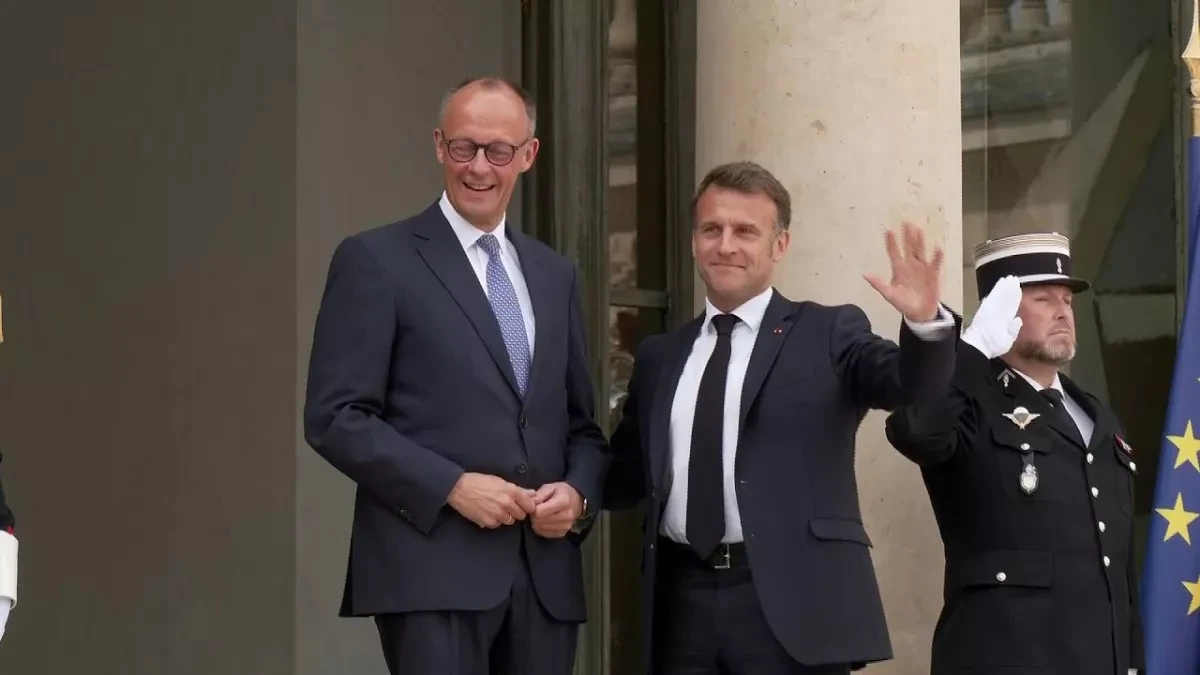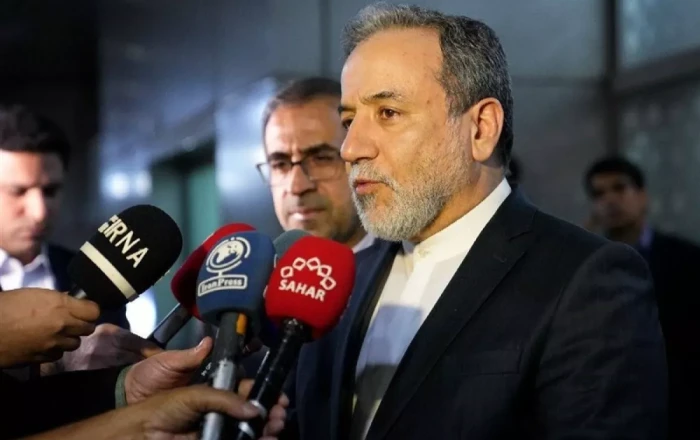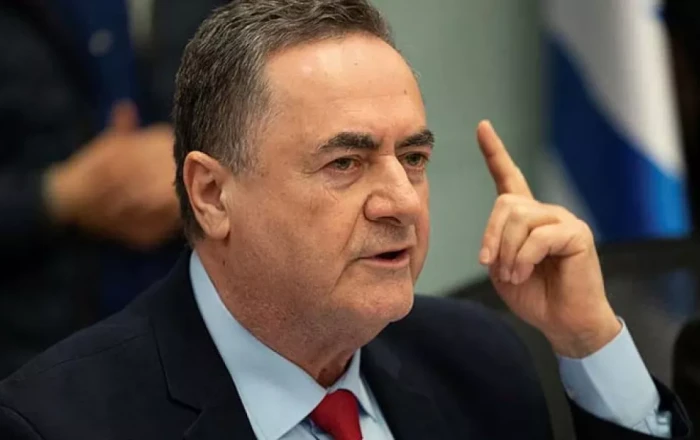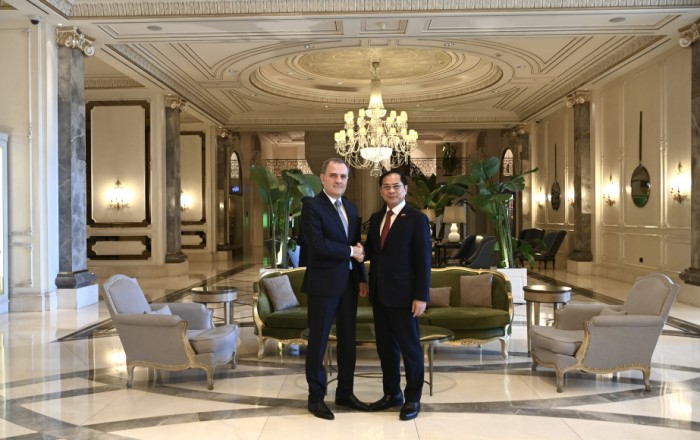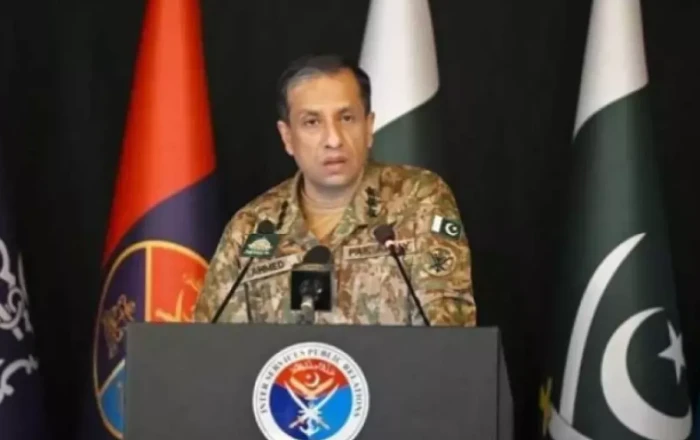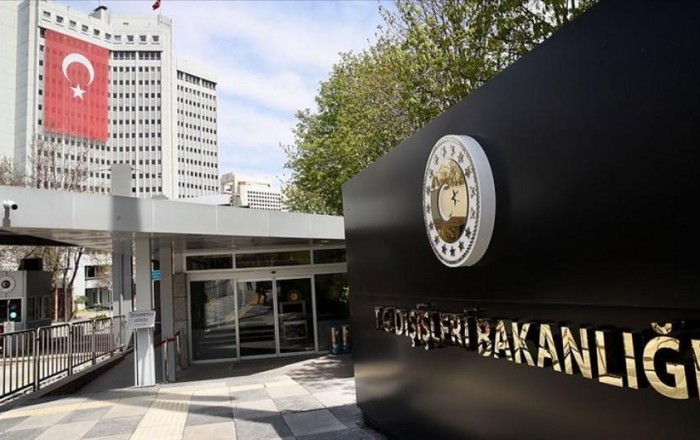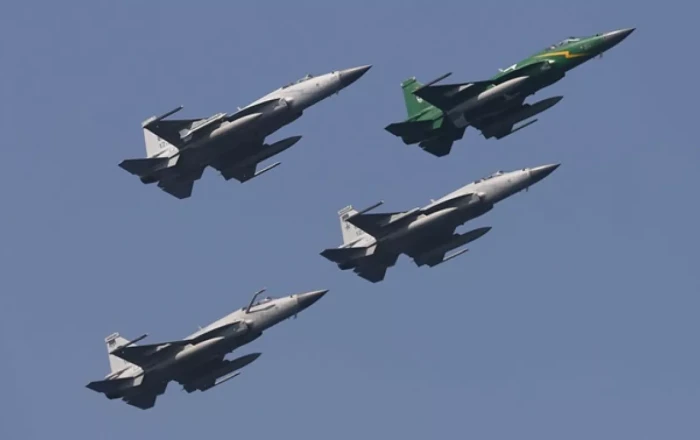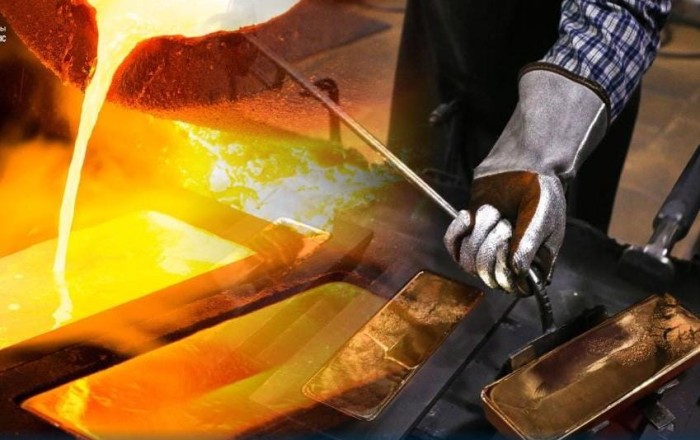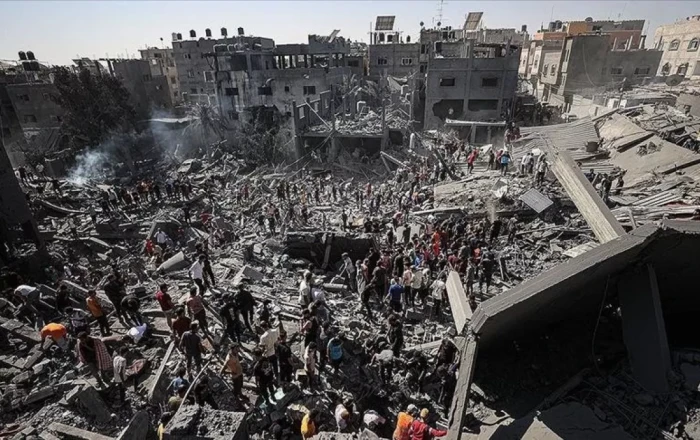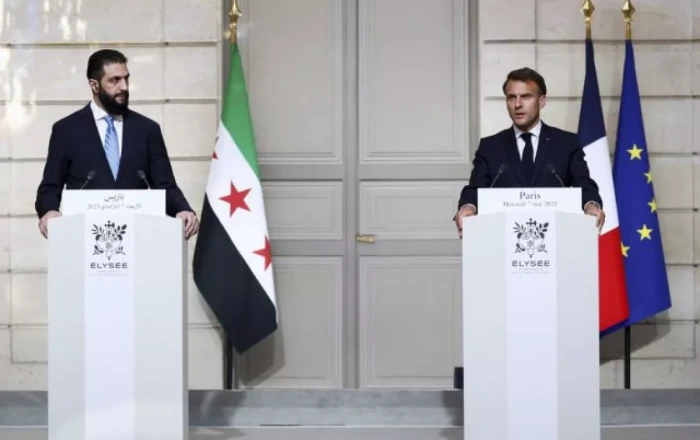French President Emmanuel Macron and newly elected German Chancellor Friedrich Merz have announced the establishment of a joint Franco-German Defence and Security Council, pledging closer cooperation between Europe’s two leading powers in addressing common strategic challenges.
The announcement came during a press conference at the Élysée Palace following Merz’s first official visit to France as chancellor — a diplomatic tradition for German leaders that symbolises the importance of European unity, Caliber.Az reports via foreign media.
“We will create a Franco-German defence and security council that will meet regularly to develop operational responses to our common strategic challenges,” Macron stated, underlining the council’s role in bolstering joint military and security coordination.
Friedrich Merz, who took office following an unusual second-round vote in the Bundestag — a first in post-World War II German political history — emphasised the need for all EU member states to enhance their defence budgets to meet growing threats and to maintain sustained support for Ukraine.
“Only in this way can we gradually close the gaps in our capabilities and collectively support Ukraine,” Merz said.
Merz’s visit comes at a pivotal moment in European politics, as concerns grow over security threats from Russia and the possibility of waning US involvement in Europe’s defence, particularly in light of President Trump’s evolving focus on China and apparent sidelining of Europe in Russia-Ukraine peace discussions.
French Foreign Minister Jean-Noël Barrot earlier in the week described the Macron-Merz meeting as an effort to “re-fire the French-German motor.” Barrot also expressed confidence that Paris’s relationship with Berlin would be “simpler” under Merz than under his predecessor, Olaf Scholz, especially regarding defence policy and EU integration.
France is seeking German support for a broader European defence initiative, including increased EU military spending. Both Macron and Merz are expected to use the new bilateral council as a vehicle to coordinate these efforts.
Merz is also set to meet Polish Prime Minister Donald Tusk in Warsaw on May 7. His visits to Paris and Warsaw fall on the 80th anniversary of Nazi Germany’s surrender in World War II, a day laden with symbolism for the Franco-German relationship.
Macron, who has now met with three German chancellors during his presidency, underscored the historic significance of the partnership: once bitter wartime enemies, France and Germany have become the driving force of European integration.
The historic weight of the occasion was not lost on observers, as it recalls both reconciliation and past conflict. World War I ended with an armistice signed in a railway carriage near Paris — the same carriage that Adolf Hitler later used to accept France’s surrender in 1940.
While Macron has hosted separate summits with other European leaders — including UK Prime Minister Keir Starmer — to coordinate support for Ukraine and European defence policy, the announcement of the Franco-German council signals a deepening of bilateral ties at a time of strategic uncertainty for Europe.
By Tamilla Hasanova
Source: caliber.az


